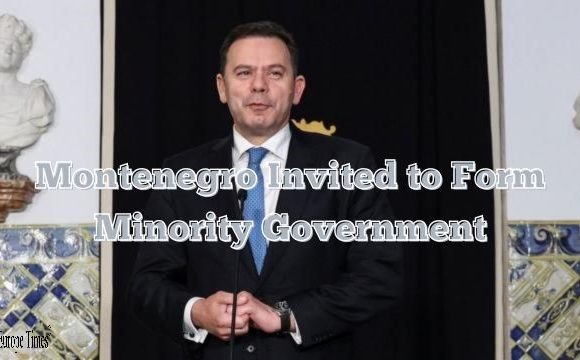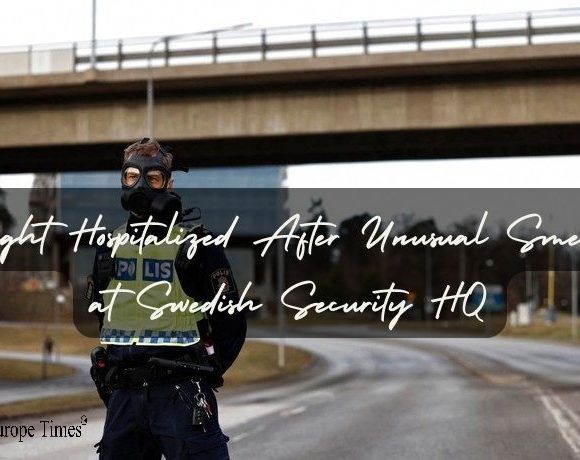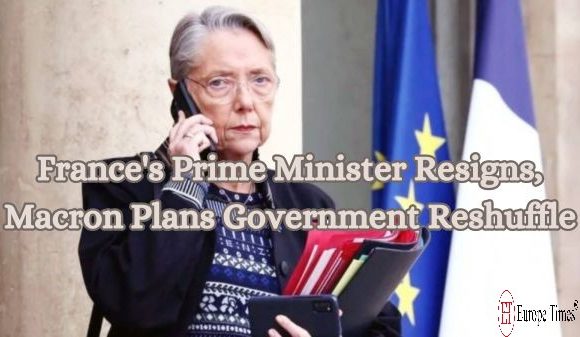
France’s prime minister has announced that a teenage girl will face legal action for falsely accusing her headteacher of hitting her during a dispute over her wearing an Islamic headscarf. The headteacher resigned following death threats received after the incident.
This incident comes amidst heightened concerns over Islamist threats to French schools following the murders of two teachers, including Samuel Paty in 2020. The headteacher, unnamed publicly, cited safety concerns in his resignation letter sent to colleagues. Two individuals were detained for making death threats, though they had no direct connection to the school.
The police found no evidence to support the girl’s allegations, prompting Prime Minister Gabriel Attal to announce that she will be sued for false accusations. Politicians across the political spectrum condemned the hate campaign targeting the teacher.
Additionally, several Paris schools were closed due to bomb threats, with some investigators considering the possibility of Russian disinformation involvement. Prime Minister Attal previously warned of Russian efforts to destabilize France’s support for Ukraine.
Picture Courtesy: Google/images are subject to copyright









